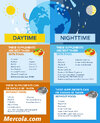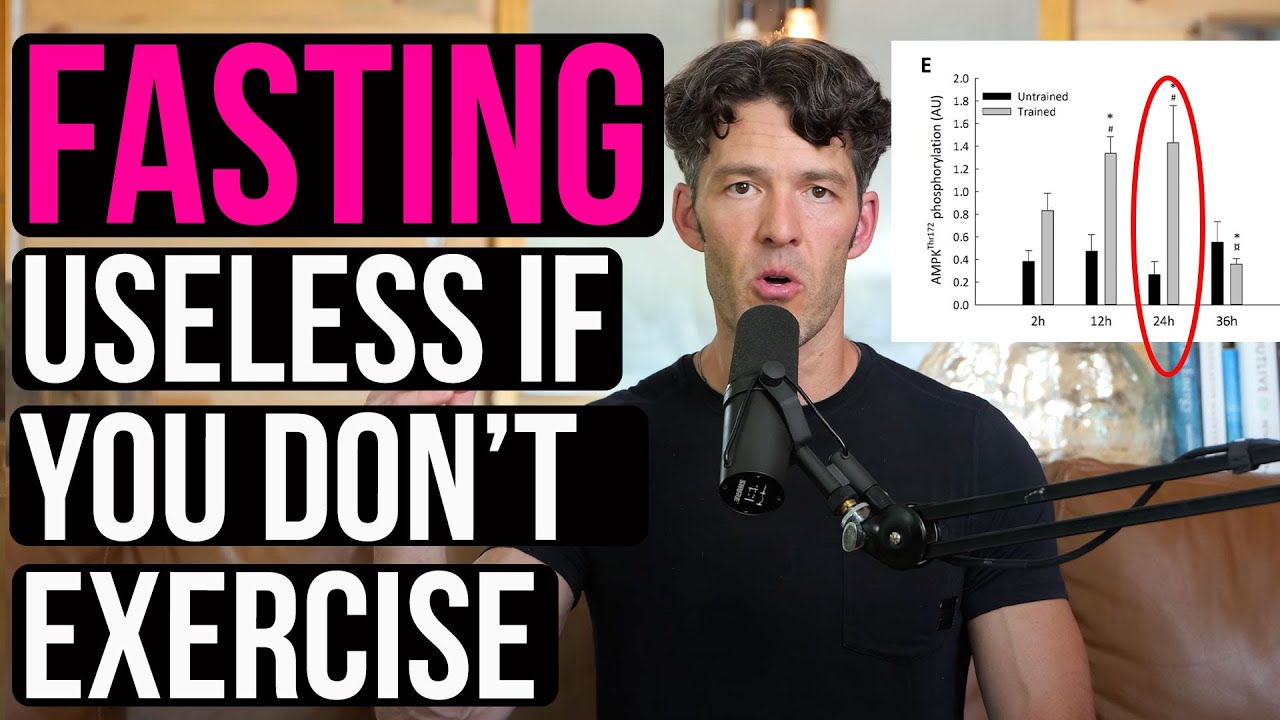Merci Iain pour votre réponse...
En fait je prends la plupart des compléments alimentaires le matin et à midi mais la mélatonine et le magnésium le soir un peu avant de dormir dans de l'eau...
Thanks Iain for your answer...
In fact I take most food supplements in the morning and at noon but melatonin and magnesium in the evening a little before sleeping in water...
En fait je prends la plupart des compléments alimentaires le matin et à midi mais la mélatonine et le magnésium le soir un peu avant de dormir dans de l'eau...
Thanks Iain for your answer...
In fact I take most food supplements in the morning and at noon but melatonin and magnesium in the evening a little before sleeping in water...




